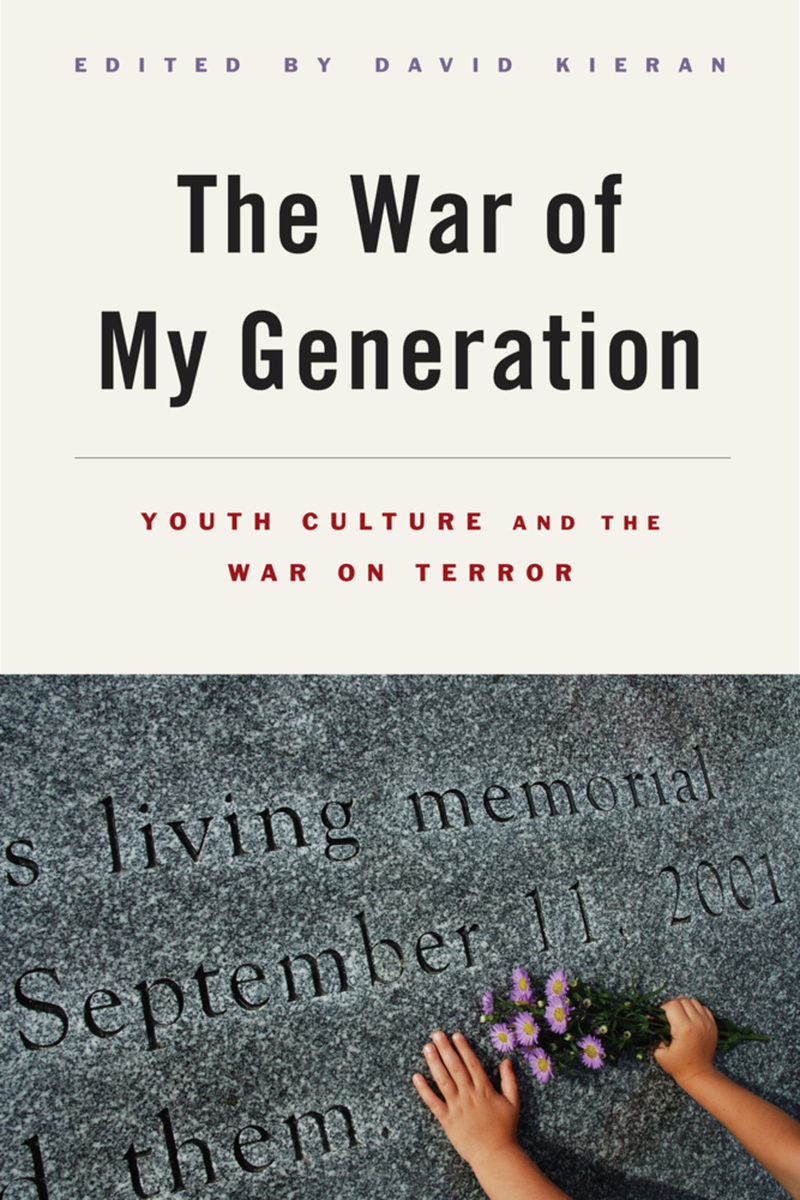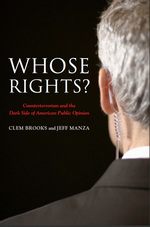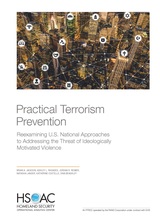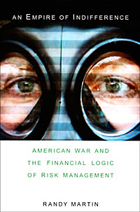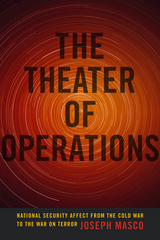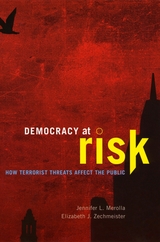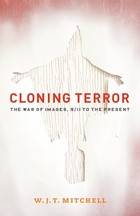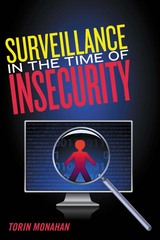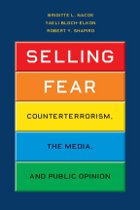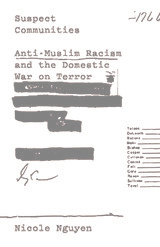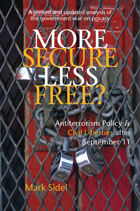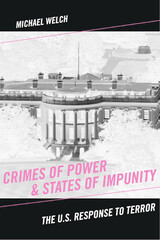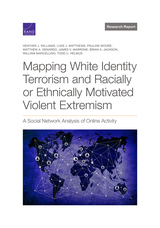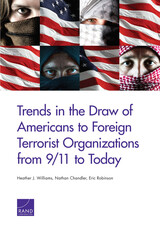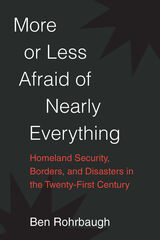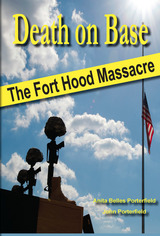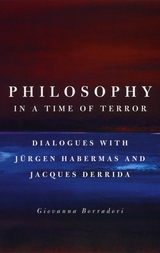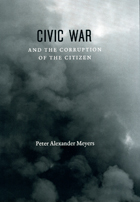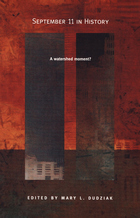The War of My Generation: Youth Culture and the War on Terror
Rutgers University Press, 2015
eISBN: 978-0-8135-7571-1 | Cloth: 978-0-8135-7262-8 | Paper: 978-0-8135-7261-1
Library of Congress Classification HV6432.W3717 2015
Dewey Decimal Classification 306.270973090511
eISBN: 978-0-8135-7571-1 | Cloth: 978-0-8135-7262-8 | Paper: 978-0-8135-7261-1
Library of Congress Classification HV6432.W3717 2015
Dewey Decimal Classification 306.270973090511
ABOUT THIS BOOK | AUTHOR BIOGRAPHY | REVIEWS | TOC
ABOUT THIS BOOK
Following the 9/11 attacks, approximately four million Americans have turned eighteen each year and more than fifty million children have been born. These members of the millennial and post-millennial generation have come of age in a moment marked by increased anxiety about terrorism, two protracted wars, and policies that have raised questions about the United States's role abroad and at home. Young people have not been shielded from the attacks or from the wars and policy debates that followed. Instead, they have been active participants—as potential military recruits and organizers for social justice amid anti-immigration policies, as students in schools learning about the attacks or readers of young adult literature about wars.
The War of My Generation is the first essay collection to focus specifically on how the terrorist attacks and their aftermath have shaped these new generations of Americans. Drawing from a variety of disciplines, including anthropology, sociology, cultural studies, and literary studies, the essays cover a wide range of topics, from graphic war images in the classroom to computer games designed to promote military recruitment to emails from parents in the combat zone. The collection considers what cultural factors and products have shaped young people's experience of the 9/11 attacks, the wars that have followed, and their experiences as emerging citizen-subjects in that moment. Revealing how young people understand the War on Terror—and how adults understand the way young people think—The War of My Generation offers groundbreaking research on catastrophic events still fresh in our minds.
The War of My Generation is the first essay collection to focus specifically on how the terrorist attacks and their aftermath have shaped these new generations of Americans. Drawing from a variety of disciplines, including anthropology, sociology, cultural studies, and literary studies, the essays cover a wide range of topics, from graphic war images in the classroom to computer games designed to promote military recruitment to emails from parents in the combat zone. The collection considers what cultural factors and products have shaped young people's experience of the 9/11 attacks, the wars that have followed, and their experiences as emerging citizen-subjects in that moment. Revealing how young people understand the War on Terror—and how adults understand the way young people think—The War of My Generation offers groundbreaking research on catastrophic events still fresh in our minds.
See other books on: Children's Studies | Peace | Terror | War and society | Youth
See other titles from Rutgers University Press
